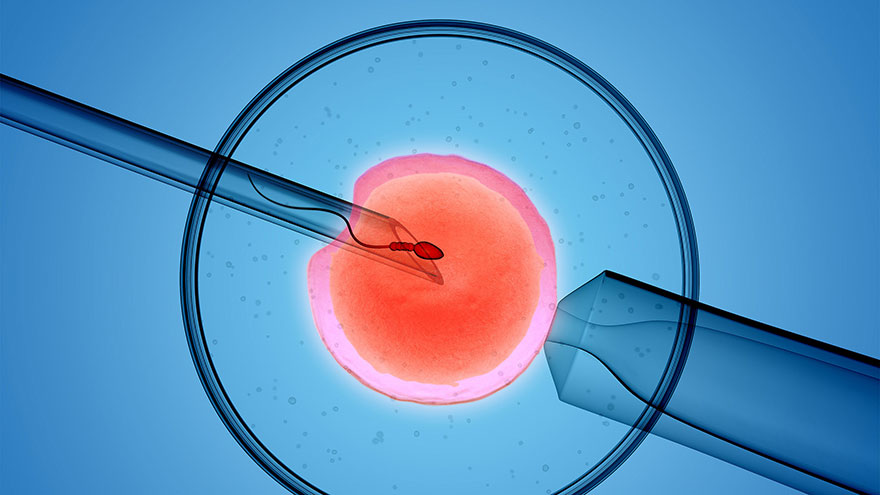Artificial Insemination vs. IVF
Infertility affects approximately 10 percent of American couples, and is a growing problem for millions of people. Why infertility is growing is not known, but it may have to do with women waiting later in life to try to conceive.
Sperm counts in men also could be a factor. According to the American Pregnancy Association, about 25 percent of couples with fertility problems have more than one cause. Artificial insemination and in-vitro fertilization are two methods that can help those who are having problems getting pregnant or those that need an alternative conception method.
IVF
In-vitro fertilization involves putting an egg and sperm together for the purpose of fertilization, but the procedure is done in the laboratory (as opposed to inside the body.) When successful, the result is a fertilized egg or embryo, which is later transferred into the woman’s uterus.
Artificial Insemination
This process involves injecting semen directly into a woman’s uterus using a catheter. Some women will have taken medication to increase the chance that one or more eggs will be released at the right time.

Location
Both procedures are typically done in a medical setting. In-vitro fertilization requires a laboratory setting to isolate the semen and to complete the fertilization process. Artificial insemination can be done in a home, though it’s typically done by a doctor.
Effectiveness
According to the American Pregnancy Association, artificial insemination is successful 10 to 20 percent of the time in one cycle, though the age of the woman and the health of the sperm are key. In-vitro fertilization is 6 to 35 percent successful in terms of live births.
Warning
Getting assistance with pregnancy does not mean that the pregnancy will succeed. These procedures have costs associated with them, and a live birth is not a guarantee. Also, it may take several attempts before resulting in a pregnancy.
Considerations
Both IVF and artificial insemination may be done with donors. In the case of in-vitro fertilization, the eggs, the sperm or both may be donated. Artificial insemination can involve donated sperm.
You Might Also Like :: What Can I Take to Help Me Get Pregnant?

